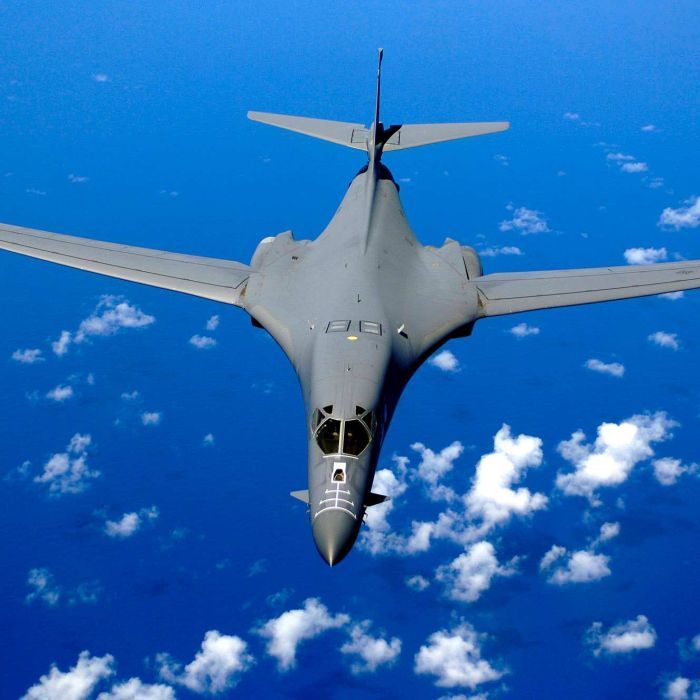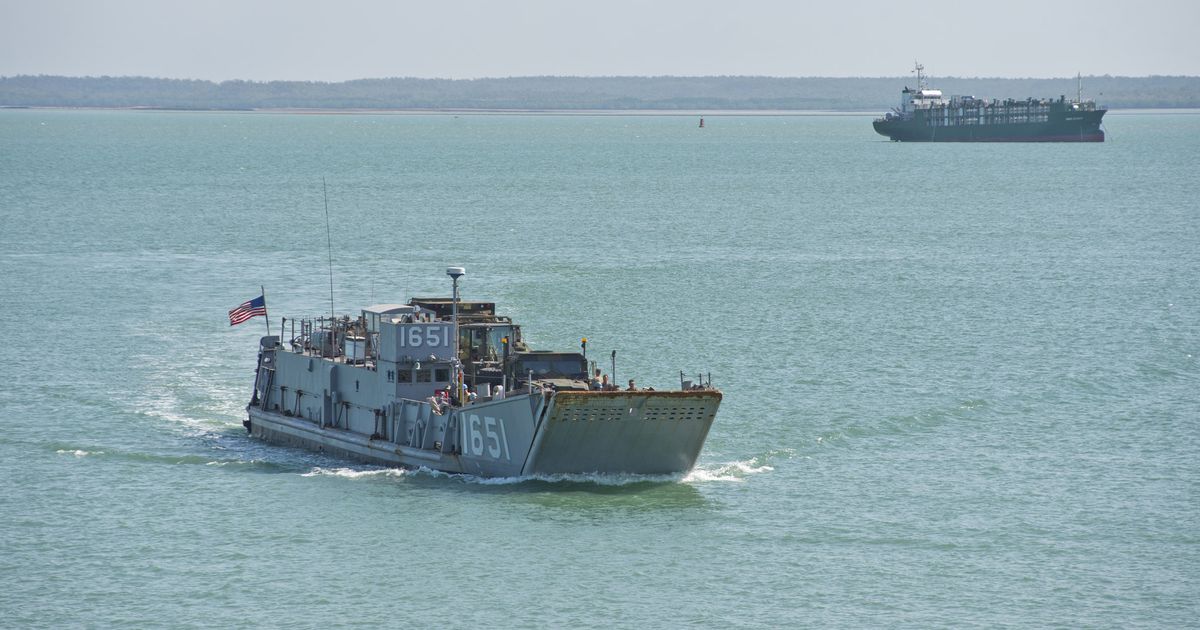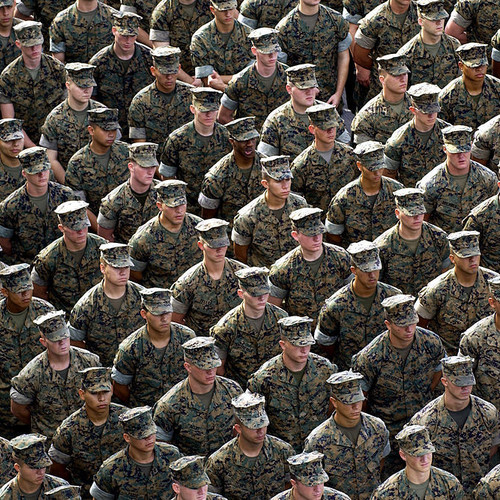
The port was subject of considerable controversy when it was revealed that construction this month that the developer ignored environmental assessment processes.

The port was subject of considerable controversy when it was revealed that construction this month that the developer ignored environmental assessment processes.

Mr Shear told a special congressional hearing on the South China Sea the deployment of air assets to Australia was in addition to the doubling of US marines bound for Darwin, leaving their current base in Japan. "We will be moving significant numbers of Marines to Hawaii, Guam and Australia," he said. "So we will have a very strong presence, very strong continued posture throughout the region to back our commitments to our allies, to protect and work with our partners and to continue ensuring peace and stability in the region.

sea-basing further confounds any local agency over the growing foreign military presence.

"I think most people in Darwin don't realise it's an issue yet. There's been a really tight propaganda campaign around it. And people up here are pretty relaxed to begin with. And I guess the scale and the scope was talked down. The people who are worried are the people who are tuned into past experiences of sexual assaults and the social problems that come associated with other rotations and other visits."